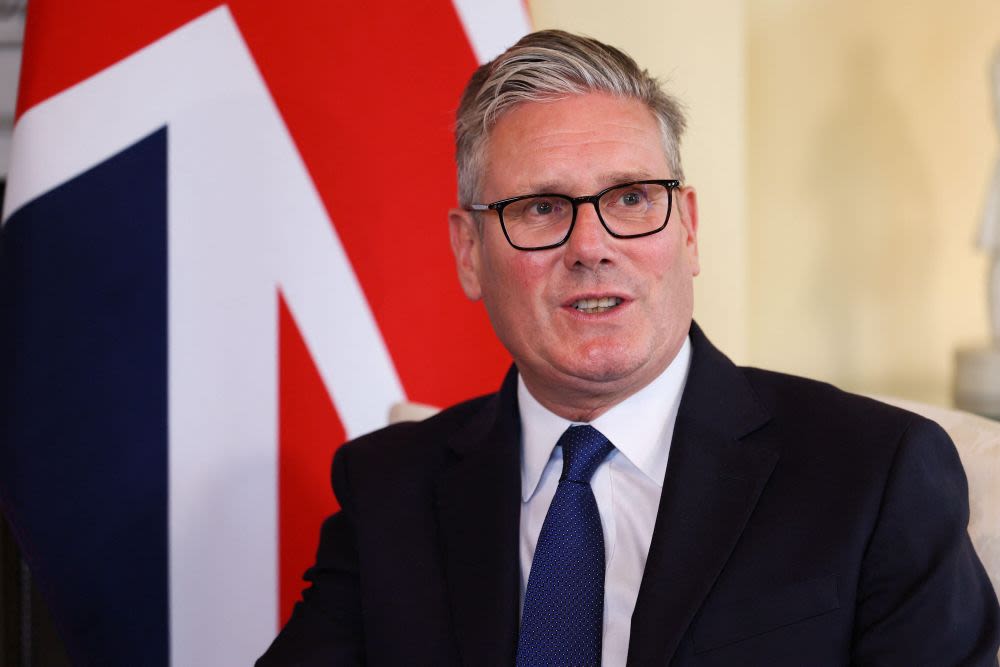Context and Catalyst: Rayner’s Dramatic Exit
On Friday afternoon, Deputy Prime Minister and Housing Secretary Angela Rayner resigned following an independent ethics review that found she breached the ministerial code by underpaying stamp duty on her £800,000 seaside flat in Hove. Rayner also stepped down as Deputy Labour Leader. Her departure sent shockwaves through Westminster, forcing Prime Minister Keir Starmer to undertake a comprehensive reshuffle to shore up confidence in his government.
Starmer’s Swift Response: A Major Cabinet Overhaul
Within hours of Rayner’s resignation, Number 10 announced sweeping changes across the top ranks of government. Starmer moved quickly to restore stability and signal a united Labour front:
- David Lammy was elevated to Deputy Prime Minister and also appointed Secretary of State for Justice, replacing Rayner’s deputy role and succeeding the outgoing Justice Secretary.
- Shabana Mahmood moved from the Treasury to become Home Secretary, taking over from Yvette Cooper.
- Yvette Cooper was reassigned as Foreign Secretary, a promotion from her previous role as Work and Pensions Secretary.
- Steve Reed left the Environment Department to become Housing Secretary, inheriting Rayner’s housing brief.
- Darren Jones gained extra responsibilities as Chancellor of the Duchy of Lancaster while retaining his position as Chief Secretary to the Treasury.
- Pat McFadden was named Secretary of State for Work and Pensions, stepping into Cooper’s former portfolio.
- Peter Kyle assumed the role of Business and Trade Secretary and President of the Board of Trade.
- Emma Reynolds became Environment Secretary, replacing Reed.
- Douglas Alexander returned to Cabinet as Scotland Secretary.
- Jonathan Reynolds took on the critical role of Chief Whip.
- Sir Alan Campbell was appointed Leader of the House of Commons.
Strategic Moves and New Faces
While most of the reshuffle involved lateral moves among existing ministers, two junior MPs received promotions to full Cabinet rank—a nod to fresh talent. Notably, Chancellor Rachel Reeves and Health Secretary Wes Streeting retained their high-profile roles, underscoring Starmer’s desire for continuity in key departments. Education Secretary Bridget Phillipson and Culture Secretary Lisa Nandy also remained in place despite earlier speculation of their removal.
Political Implications: Unity, Experience, and Public Confidence
Starmer’s reshuffle can be viewed through multiple lenses. First, it was essential to fill the vacuum created by Rayner’s exit and reassure both MPs and the electorate that the government remains cohesive. By choosing David Lammy—renowned for his charisma and oratory—as Deputy Prime Minister, Starmer gains a high-profile advocate to defend the administration’s record and counter growing opposition from Reform UK.
Second, the appointments reflect a strategic blending of seasoned hands and emerging talents. Yvette Cooper, with her extensive Whitehall experience, now heads the Foreign Office at a time of global instability, while Shabana Mahmood’s move to the Home Office signals a tougher approach to immigration and law enforcement. Meanwhile, Darren Jones’ dual role as Chancellor of the Duchy of Lancaster and Chief Secretary underscores the importance of coordination between Treasury and Downing Street.
Reactions from Parliament and Beyond
Labour backbenchers have offered cautious praise for the prompt action, highlighting Lammy’s elevation as a “stroke of genius” and welcoming Cooper’s return to the global stage. However, some critics argue the reshuffle missed an opportunity to inject more diversity and radical change into the Cabinet. Opposition parties were quick to seize on the controversy, accusing Starmer of “shuffling the deckchairs” rather than focusing on urgent policy issues like social care, NHS waiting lists, and housing shortages.
Public response remains mixed. Polling in the immediate aftermath showed a slight uptick in Labour’s approval ratings, suggesting voters appreciate the swift handling of Rayner’s resignation. But long-term confidence will depend on the new ministers’ ability to deliver tangible results in their respective portfolios.
Next Steps: Legislative Agenda and Key Challenges
With the new team in place, attention now shifts to Parliament’s autumn agenda. Lammy will face the daunting task of overseeing justice reforms, prison capacity, and sentencing guidelines. Cooper must navigate complex diplomatic terrain, from negotiations on the Northern Ireland Protocol to global security alliances. Mahmood’s Home Office will be under intense scrutiny over policing, border control, and asylum processing.
Housing Secretary Steve Reed will need to accelerate the construction of affordable homes and address soaring rental costs. Meanwhile, the Treasury’s Chief Secretary, Darren Jones, will coordinate fiscal priorities, ensuring public finances remain sustainable amid economic headwinds.
Starmer has signaled that this reshuffle marks a “fresh start” for his administration. If the newly appointed Cabinet can demonstrate effectiveness and unity, Labour may solidify its mandate ahead of the next general election. The coming months will be critical in determining whether Starmer’s gamble pays off or if it merely postpones deeper challenges within the party and the country.
